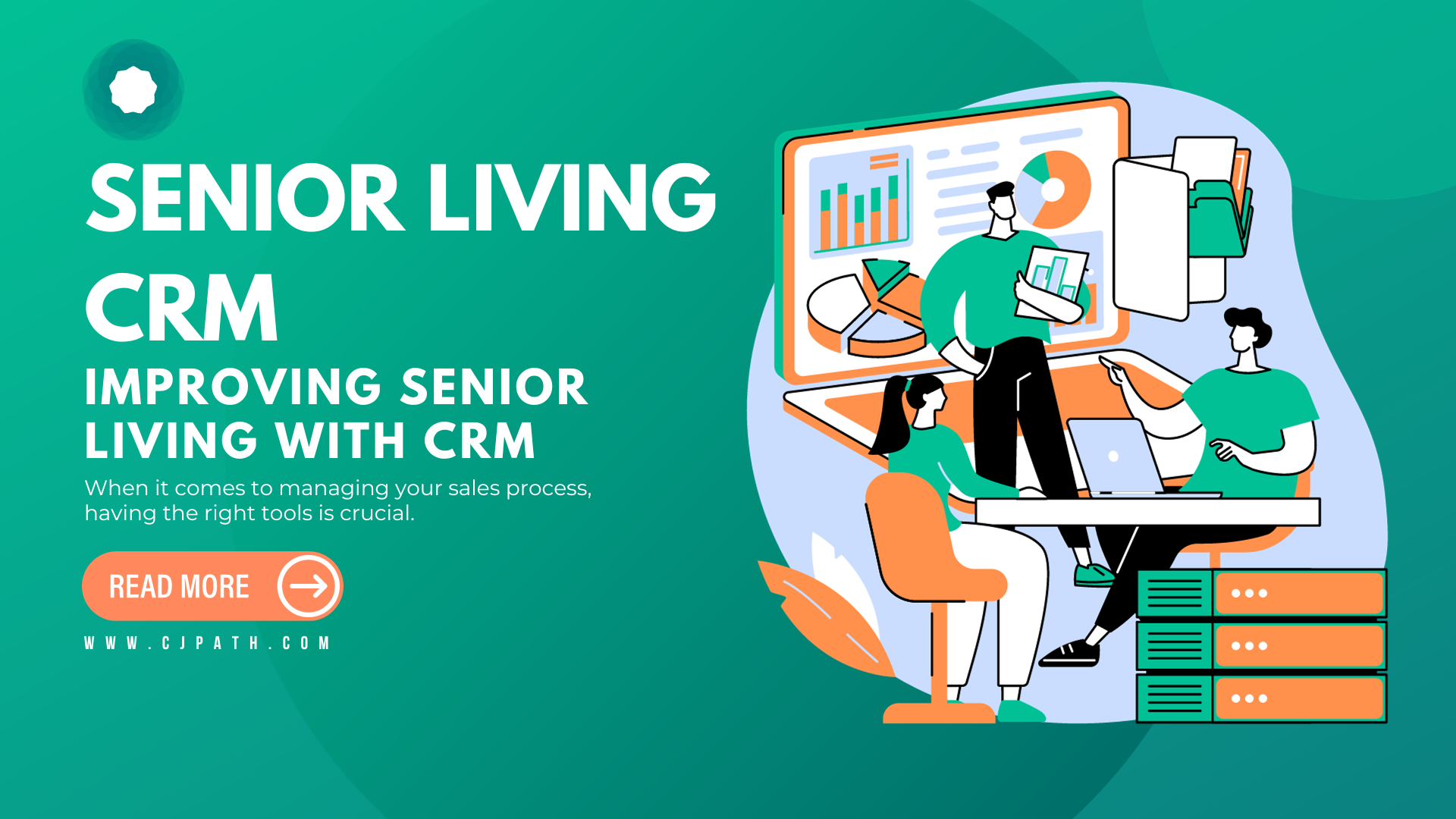
As the senior living industry continues to grow, competition is becoming increasingly fierce.
With more and more options for seniors and their families to choose from, it's essential for senior living communities to have a strong marketing and sales strategy in place.
One tool that can greatly benefit senior living communities is a CRM, or customer relationship management system.
In this article, we'll explore the benefits of using a CRM in the senior living industry and how it can improve marketing and sales efforts.
Why Senior Living Communities Need a CRM
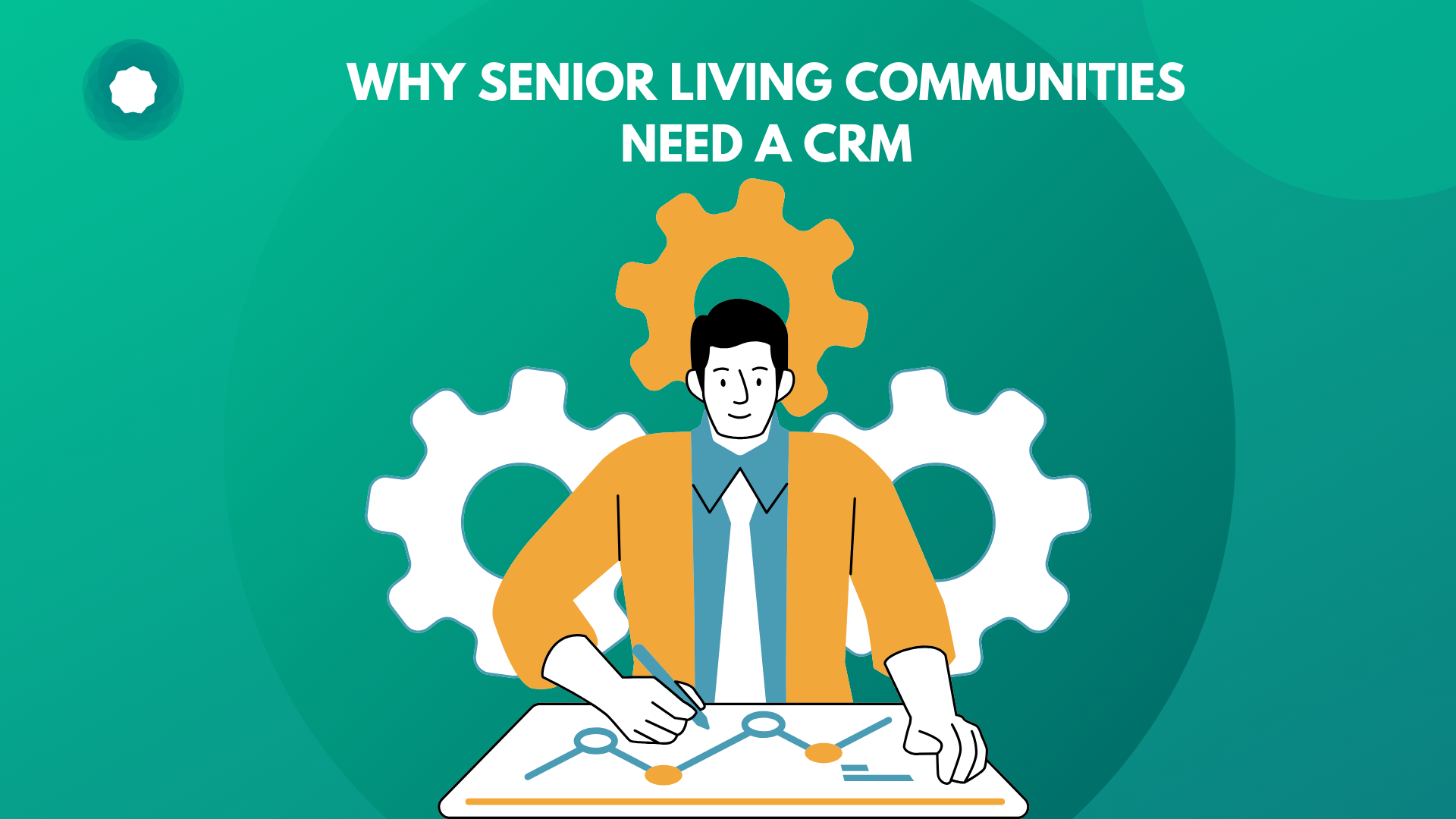
- Streamline Marketing Efforts
Marketing is a crucial aspect of any senior living sales crm community's success.
However, without a centralized system to manage leads and track marketing efforts, it can be challenging to see a return on investment.
A CRM allows senior living communities to track and manage leads, create targeted marketing campaigns, and measure the success of those campaigns.
This streamlines marketing efforts and ensures that resources are being used effectively.
- Improve Sales Processes
In the senior living industry, sales processes can be complex and lengthy.
With a CRM, sales teams can track and manage leads, schedule follow-ups, and keep all communication in one place.
This not only improves efficiency but also allows for a more personalized and organized sales process.
- Better Understand Customers
A CRM also allows senior living sales crm communities to gather and analyze data on their customers.
This data can provide valuable insights into customer behavior, preferences, and needs, allowing for more targeted and effective marketing and sales efforts.
How a CRM Can Improve Senior Living Marketing
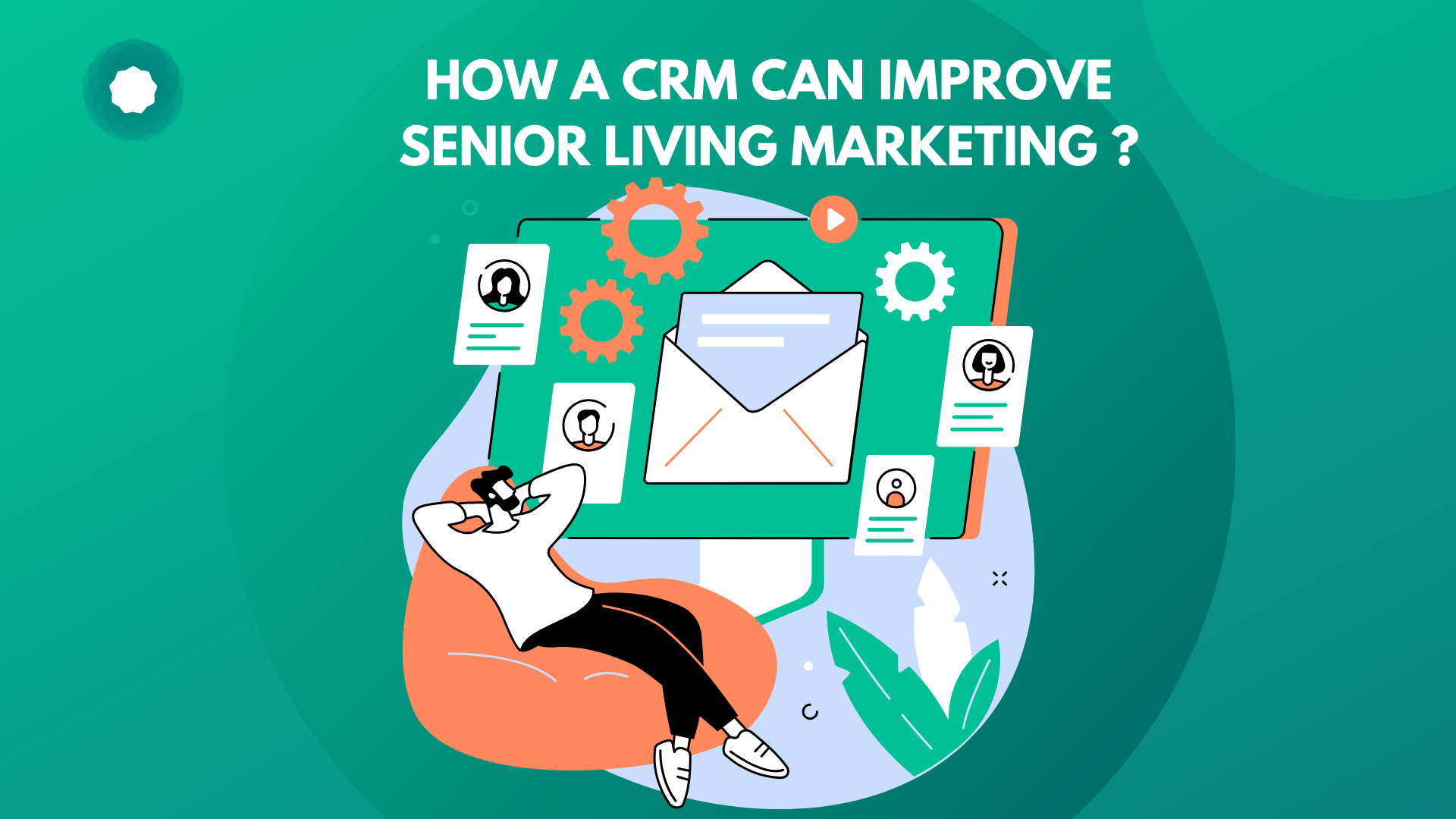
- Targeted Marketing Campaigns
With a CRM, senior living communities can segment their leads and customers based on various criteria, such as age, location, and interests.
This allows for more targeted marketing campaigns that are more likely to resonate with potential customers.
For example, a senior living crm community may create a targeted email campaign for seniors in a specific location who have shown interest in independent living options.
This type of targeted marketing is more likely to result in conversions and can save time and resources compared to a blanket marketing approach.
Personalized Communication A CRM also allows for more personalized communication with leads and customers.
By tracking interactions and gathering data, sales teams can tailor their communication to each individual's needs and preferences.
For example, if a lead has shown interest in memory care options, a sales representative can use this information to provide more relevant information and address any concerns the lead may have.
This personalized approach can help build trust and improve the chances of converting a lead into a customer.
- Measure Marketing Success
A CRM also provides valuable data on the success of marketing efforts.
By tracking leads and conversions, senior living communities can see which marketing campaigns are most effective and adjust their strategies accordingly.
For example, if a particular email campaign has a high conversion rate, the community may choose to invest more resources into similar campaigns in the future.
This data-driven approach can help maximize the return on investment for marketing efforts.
How a CRM Can Improve Senior Living Sales
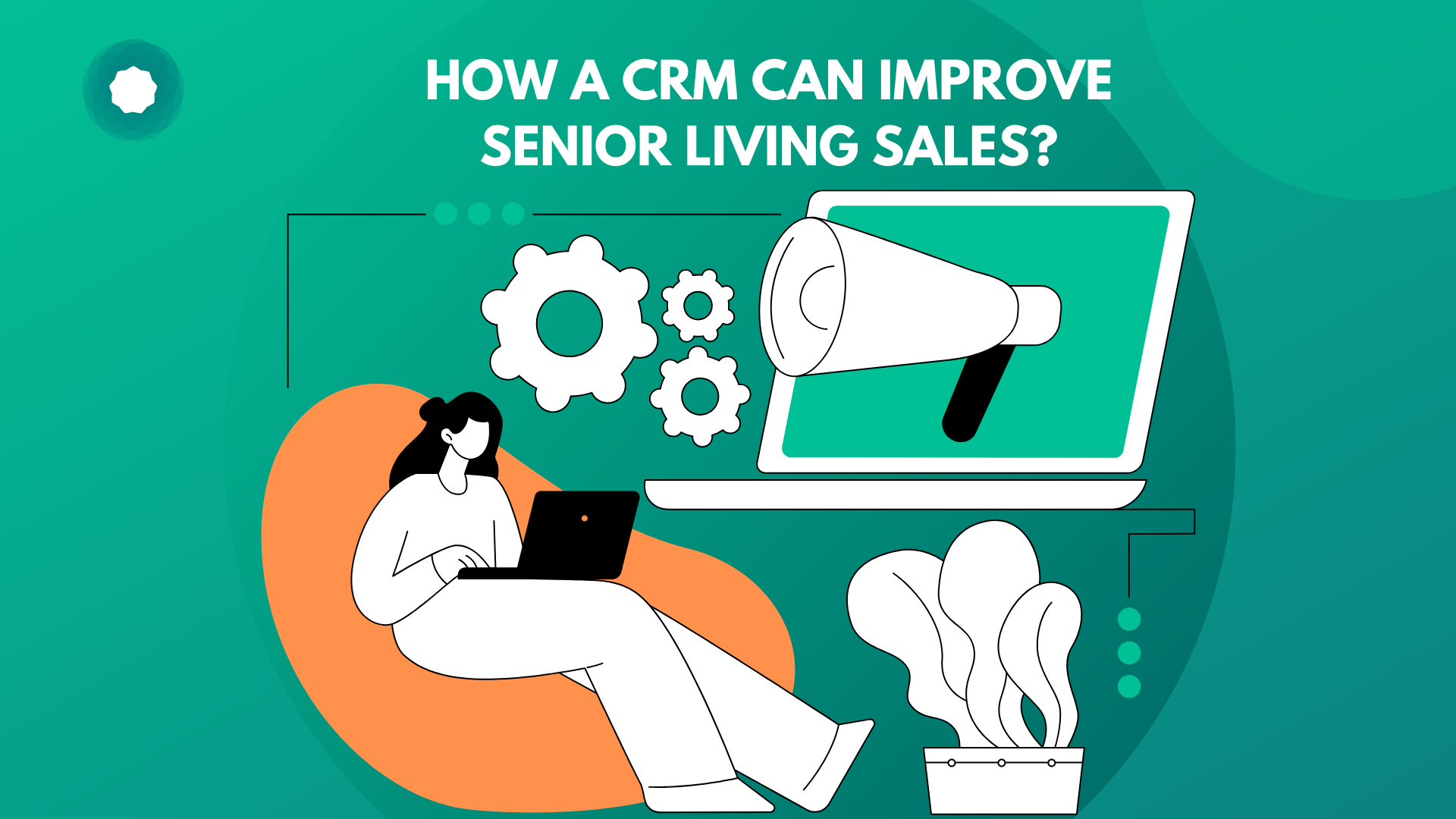
- Centralized Lead Management
One of the most significant benefits of a CRM for senior living crm communities is the ability to manage leads in one centralized location.
This eliminates the need for spreadsheets or manual tracking, which can be time-consuming and prone to errors.
With a CRM, sales teams can easily track and manage leads, schedule follow-ups, and keep all communication in one place.
This streamlines the sales process and allows for a more organized and efficient approach.
- Automated Follow-Ups
A CRM can also automate follow-ups with leads, ensuring that no potential customer falls through the cracks.
This can be especially beneficial in the senior living industry, where the sales process can be lengthy and require multiple touchpoints.
For example, a CRM can automatically send a follow-up email to a lead who has not responded to a previous email or schedule a reminder for a sales representative to make a follow-up call.
This automation saves time and ensures that leads are not forgotten.
- Data-Driven Decision Making
A CRM provides valuable data on leads and customers, allowing for data-driven decision making in the sales process.
By analyzing data on customer behavior and preferences, sales teams can tailor their approach to each individual and increase the chances of converting a lead into a customer.
For example, if a lead has shown interest in a specific type of care, a sales representative can use this information to provide more targeted information and address any concerns the lead may have.
This personalized approach can help build trust and improve the chances of closing a sale.
Real-World Examples of Senior Living crm Communities Using CRM
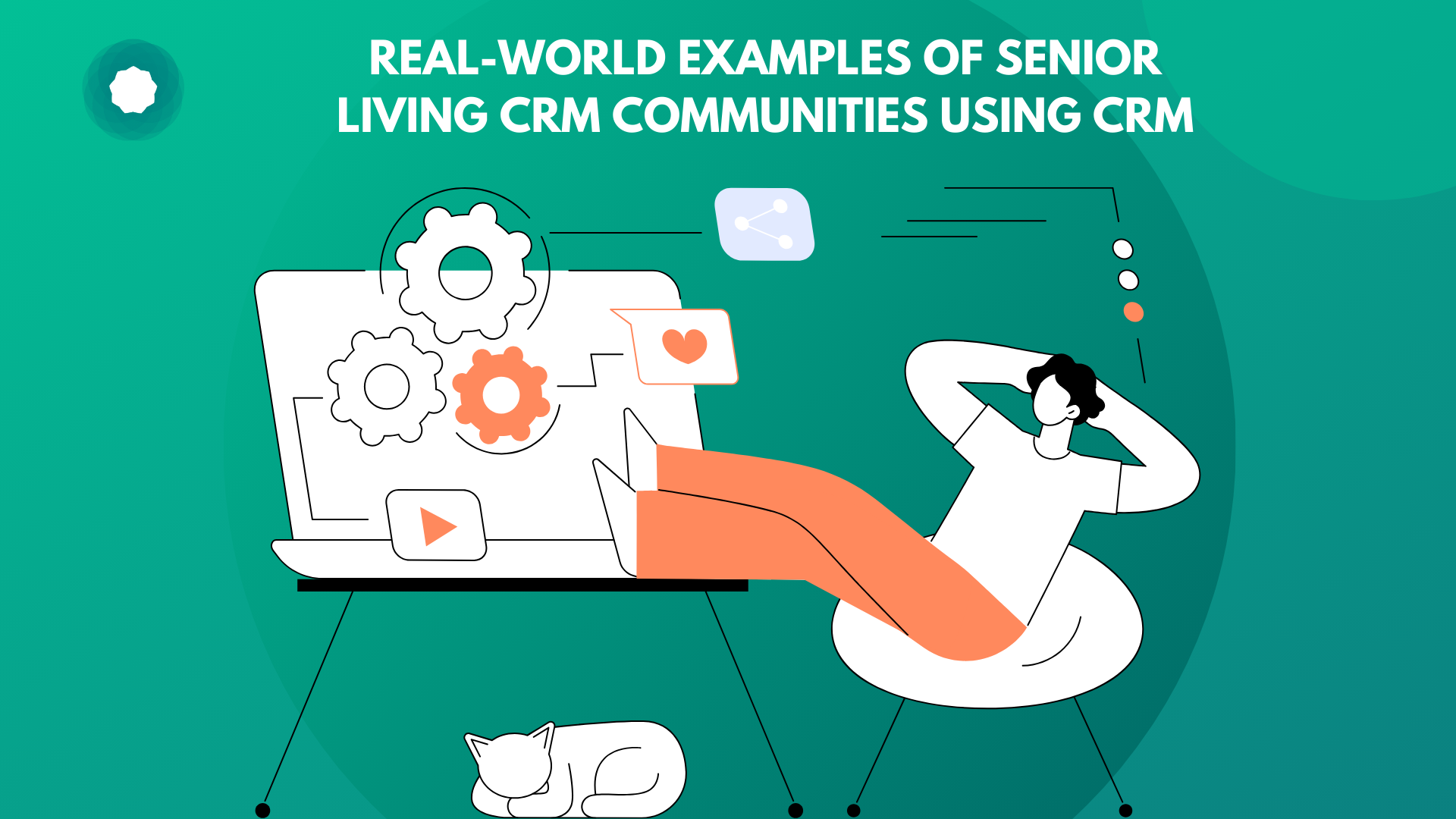
- Atria Senior Living
Atria Senior Living, a leading provider of senior living communities, implemented a CRM to improve their sales and marketing efforts.
With the CRM, they were able to track leads, automate follow-ups, and gather valuable data on their customers.
As a result, Atria Senior Living saw a 20% increase in conversions and a 30% increase in lead generation.
The CRM also allowed for more personalized communication with leads and customers, leading to higher customer satisfaction.
- Sunrise Senior Living
Sunrise Senior Living, another top provider of senior living communities, also implemented a CRM to improve their sales and marketing efforts.
With the CRM, they were able to track leads, segment their database, and create targeted marketing campaigns.
As a result, Sunrise Senior Living saw a 25% increase in conversions and a 40% increase in lead generation.
The CRM also allowed for more efficient and organized sales processes, leading to higher customer satisfaction.
Who Is Responsible for CRM in Senior Living Communities?
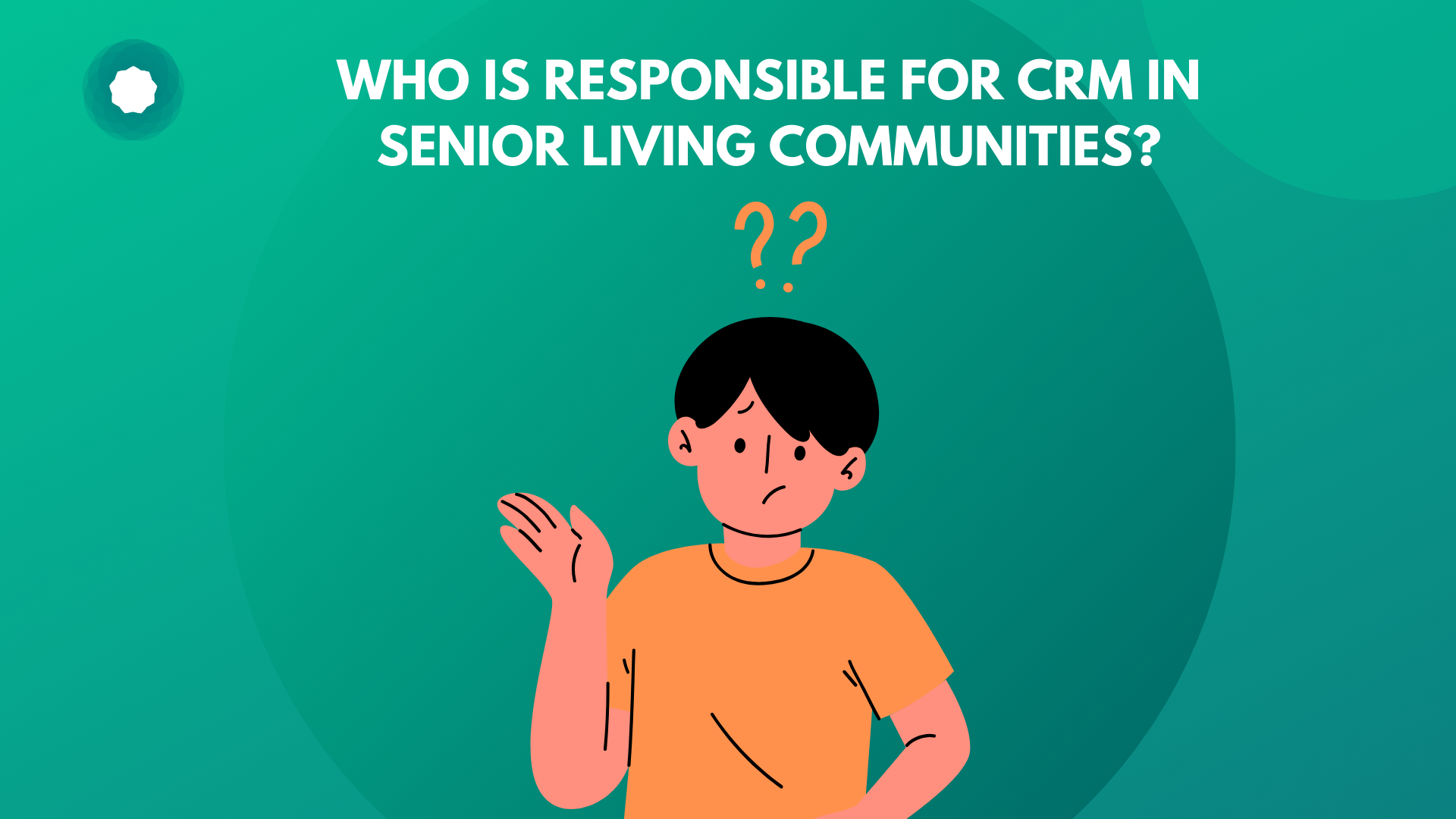
In most senior living communities, the responsibility for CRM falls on the marketing and sales teams.
However, it's essential to have a dedicated team member or department responsible for managing and maintaining the CRM.
This person or team should be responsible for training and supporting other team members on how to use the CRM effectively.
They should also regularly review data and make adjustments to marketing and sales strategies based on the insights gathered from the CRM.
Takeaways
A CRM can greatly benefit senior living communities by streamlining marketing efforts, improving sales processes, and providing valuable data on customers.
By implementing a CRM, senior living communities can see an increase in conversions, lead generation, and customer satisfaction.
To ensure the success of a CRM, it's essential to have a dedicated team member or department responsible for managing and maintaining the system.
With the right approach and tools, a CRM can help senior living communities stay competitive in a growing industry.
